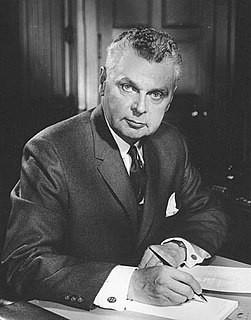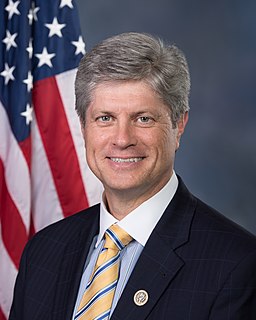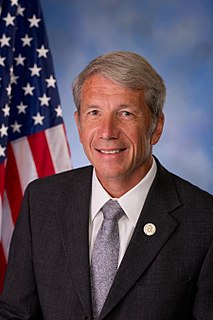A Quote by Ban Ki-moon
I am willing to take any measures when it comes to the fundamental principle of human rights.
Quote Topics
Related Quotes
Of all the statist violations of individual rights in a mixed economy, the military draft is the worst. It is an abrogation of rights. It negates man’s fundamental right-the right to life-and establishes the fundamental principle of statism: that a man’s life belongs to the state, and the state may claim it by compelling him to sacrifice it in battle. Once that principle is accepted, the rest is only a matter of time.
In your ordered verdict of guilty, you have trampled under foot every vital principle of our government. My natural rights, my civil rights, my political rights, my judicial rights are all alike ignored. Robbed of the fundamental privilege of citizenship, I am degraded from the status of a citizen to that of a subject; and not only myself individually, but all of my sex, are, by your honor's verdict, doomed to political subjection under this, so-called, form of government.
The fundamental flaw in Social Security and Medicare is that they violate the 'welfare principle' in economics. The welfare principle forms the fundamental basis of all charitable work in churches and other private organizations: assist those who need help, and equally important, don't assist individuals who can take care of themselves.
When you expand the civil-rights struggle to the level of human rights, you can then take the case of the black man in this country before the nations in the UN. You can take it before the General Assembly. You can take Uncle Sam before a world court. But the only level you can do it on is the level of human rights. Civil rights keeps you under his restrictions, under his jurisdiction. Civil rights keeps you in his pocket.
This, then, is the truth of the discourse of universal human rights: the Wall separating those covered by the umbrella of Human Rights and those excluded from its protective cover. Any reference to universal human rights as an 'unfinished project' to be gradually extended to all people is here a vain ideological chimera - and, faced with this prospect, do we, in the West, have any right to condemn the excluded when they use any means, inclusive of terror, to fight their exclusion?








































